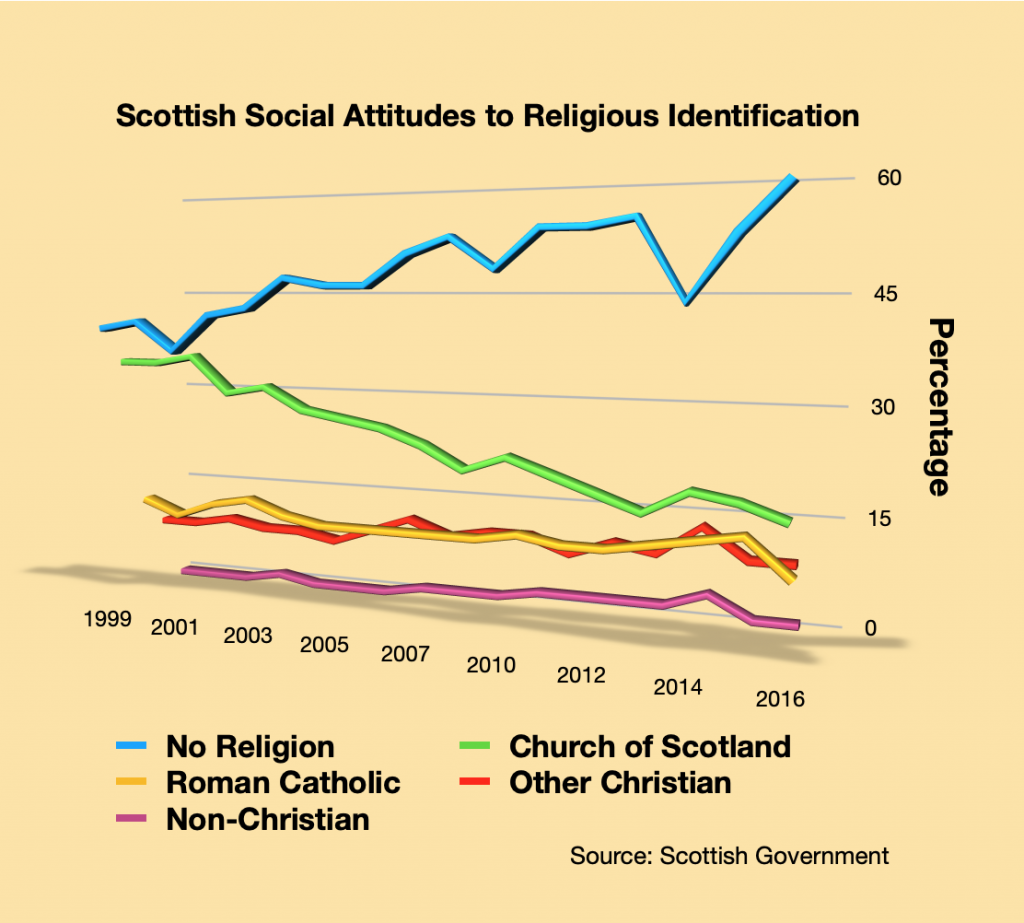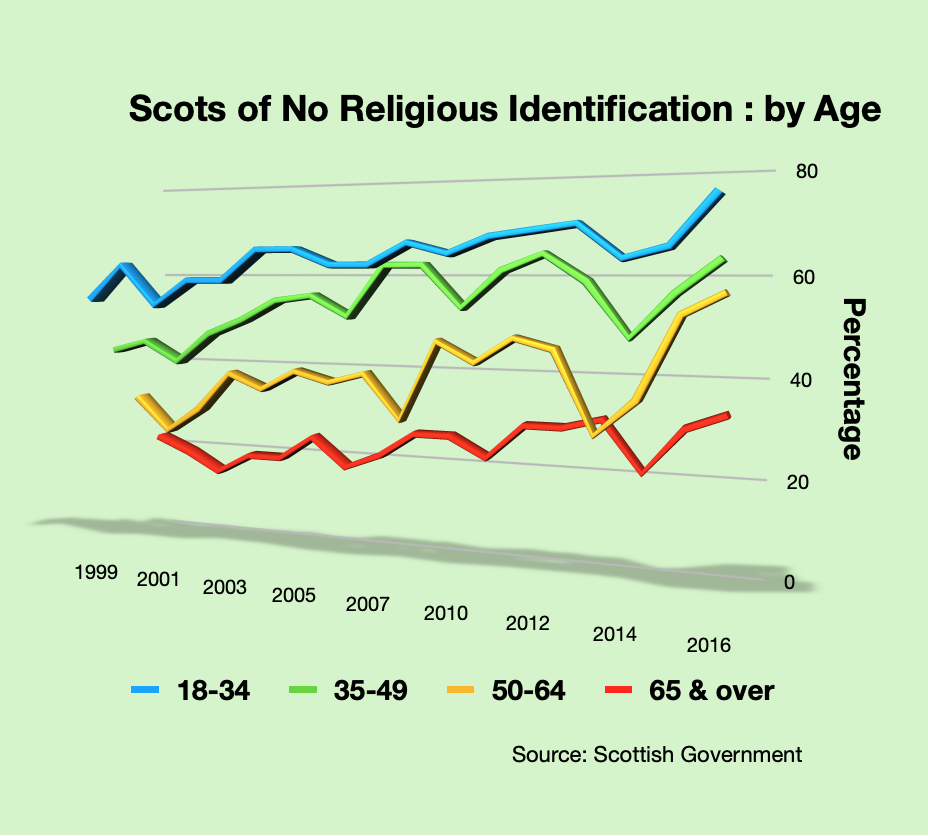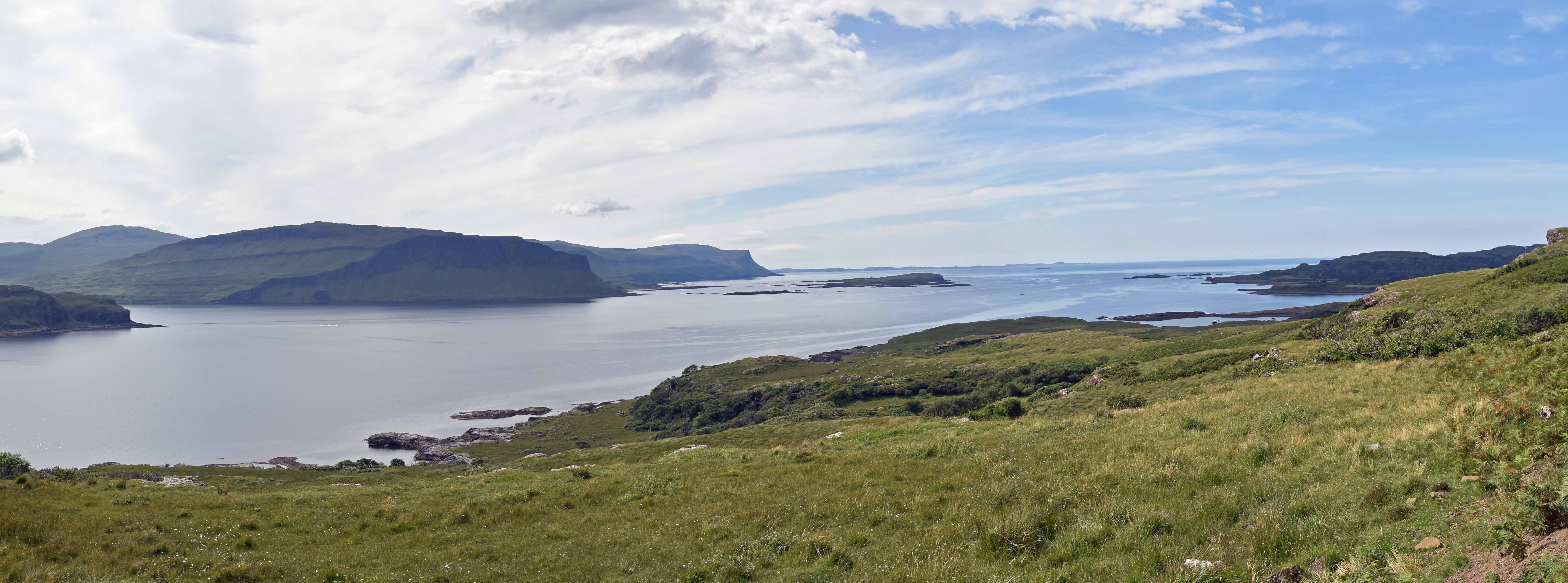At present it is a criminal offence in Scotland to assist in anyone’s death. Liberal Democrat MSP Liam McArthur has just lodged a Bill to change the law and allow assisted dying for adults who are terminally ill. Personally I am very grateful to him and to the cross-party group of MSPs who are supporting the Bill. In an open letter they said:
The law does not work and should be replaced with a safe and compassionate new law that gives dying people the rights they need to have a good death. It is incumbent upon us to provide a solution.
This is not the first attempt to change the law in Scotland on assisted dying. Margot MacDonald MSP brought forward two Bills, in 2010 and 2015, the second one being taken forward by Patrick Harvie of the Scottish Greens after her death in 2014. On both those occasions support for the bill fell far short of the 65 votes required : 16 were in favour in 2010 and 36 in 2015.
How likely is it that this third attempt will succeed?
It’s supported by Dignity in Dying Scotland, by the Humanist Society in Scotland, and and Friends at the End. But then it would be odd if these groups didn’t support a change in the law.
There are valid concerns to be addressed regarding possible risks for people being coerced into assenting to an assisted death, undermining palliative care provisions, changing the patient doctor relationship, and others…
If you have a look on the websites I’ve mentioned above. you’ll find good information on all of those concerns.
CARE for Scotland is against any change in the law for those sorts of reasons. CARE are a Christian based organisation and it’s maybe not too surprising that they oppose these changes. Of course they are entitled to their views on end of life care. On the other hand their spokesperson thinks that there could be no adequate safeguards in any assisted dying legislation. (Ref) This seems an odd stance to take when there is decades worth of evidence from other places – The Netherlands, California, Canada and elsewhere – that these fears are not justified.
And public opinion doesn’t back up those fears. Recent polling shows that
87% The vast majority of Scots support a change in the law on assisted dying for terminally ill, mentally competent adults. This includes the general public, people of faith and people with disabilities.
54% of GPs are supportive or neutral to law change on assisted dying
86% of people with a disability support a change to the law.
Dignity in Dying – Public Opinion
Should religious views take precedence in changes to the law?
Scotland is a secular state. But no-one is arguing that religious views on end of life should be laid aside or be compromised by this legislation.
However the opposite does not seem to hold. Take the spokesperson Michael Veitch of CARE Scotland. He must know about the evidence on assisted dying from other countries. Yet he threw up the old fear-driven concerns anyway. Why? He could have acknowledged the evidence that those wider fears are not justified. He could have talked about fears he may have that his particular religious views will be compromised. I don’t know if he has such fears but if he does there can be a civilised discussion with him about them.
Perhaps it’s something else? perhaps he just thinks that his religious views are – capital letters -Morally Right and not to be gainsaid by people like me who don’t share them and who are therefore Morally Wrong. This would be to bring God into it of course. But God doesn’t have the support base he once had in Scotland. Belief in him has been dropping consistently. (Ref)

And when you look the breakdown by age in those who do not have any religious leanings, there is a very telling set of statistics. Over the last twenty years, the younger age groups have less and less likely to identify as religious. Bet hey there is a similar trend in older people too just less pronounced. This is from Scottish Government.

Personally I don’t think there are any argument left that religious views in Scotland – or anywhere else – should take precedent over non-religious. If anything – since the majority of Scots report themselves as having no religion – it should be the other way round. But let’s not go there.



